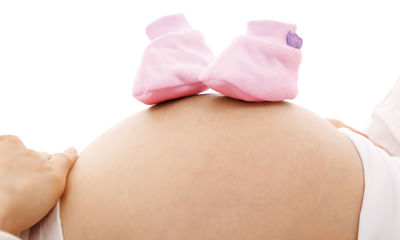Get the App
For Doctors
Login/Sign-up
About
Health Feed
Find Doctors
Health Packages
AllQ&AsTipsQuizzes
Ectopic Pregnancy Health Feed
Health Query
Share
Bookmark
Report
Asked for female, 30 years old from Pune
Share
Bookmark
Report
Asked for female, 30 years old from Pune
Share
Bookmark
Report
Asked for female, 31 years old from Pune
Share
Bookmark
Report
Asked for female, 32 years old from Pune
Share
Bookmark
Report
Asked for female, 30 years old from Pune
Share
Bookmark
Report
Asked for female, 38 years old from Agra
Share
Bookmark
Report
There could be various possible reasons for irregular or late period, your menstrual cycle can be disturbed if you change your method of
contraception or you have an imbalance of the hormones estrogen and progesterone. But we have to look into the details of the problem.Let's have a detailed discussion to Ensure proper treatment.
contraception or you have an imbalance of the hormones estrogen and progesterone. But we have to look into the details of the problem.Let's have a detailed discussion to Ensure proper treatment.
59 people found this helpful
Asked for female, 27 years old from Pathanamthitta
Share
Bookmark
Report
Hello lybrate-user, there is no problem in getting pregnant. But in current situation of corona crisis if the healthcare facilities are available in your location you can go ahead and try for pregnancy otherwise you should postpone your plans for 1 or 2 months to be on safer side. It's up to you to decide.
Last Updated: 5 years ago• Featured Tip
Share
Bookmark
Report
In ordinary pregnancy, the egg released from the ovary becomes fertilized when it meets the sperm and travels through the fallopian tubes to the uterus where it grows in the following nine months. In an ectopic pregnancy, the fertilized egg never makes it to the uterus instead it stays in one of the fallopian tubes; this is also known as tubal pregnancy. In very rare cases, the egg also attaches itself to one of the two ovaries making your pregnancy difficult and putting your health in danger.more
Last Updated: 6 years ago• Featured Tip
Share
Bookmark
Report
In ordinary pregnancy, the egg released from the ovary becomes fertilized when it meets the sperm and travels through the fallopian tubes to the uterus where it grows in the following nine months. In an ectopic pregnancy, the fertilized egg never makes it to the uterus instead it stays in one of the fallopian tubes; this is also known as tubal pregnancy. In very rare cases, the egg also attaches itself to one of the two ovaries making your pregnancy difficult and putting your health in danger.more
Book appointment with top doctors for Ectopic Pregnancy treatment
View fees, clinic timings and reviews
Ask a free question
Get FREE multiple opinions from Doctors
posted anonymously


















